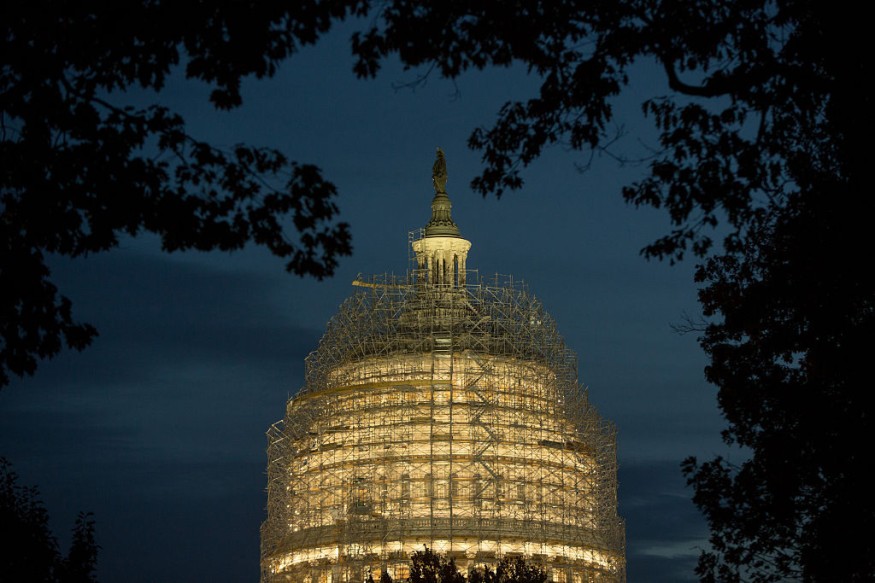Senate Approves Defense Bill Despite Trump's Veto Threats

The Senate has approved a $740 billion major national defense bill on Friday despite President Donald Trump's veto threats.
The Senate's final vote was 84-13 on the National Defense Authorization Act (NDAA), as reported by Fox News. The vote meets the requirement that could override a possible veto.
Sen. Dick Durbin said the bipartisan passage of the bill shows a strong commitment on both sides to a strong national defense and protection of those in uniform.
On Tuesday, the House passed the legislation. Republicans ignored Trump's threats to maintain a 60-year-old tradition of passing a defense bill.
Sen. John Barrasso said the Congress' first duty is to provide for the common defense. He added that the NDAA is how they keep Americans safe, explaining that for 60 years in a row, Congress has passed this bill.
The approved legislation, which will give the United States troops three percent pay raises, is now heading to Trump's desk for signing.
However, Trump has promised to veto the bill unless lawmakers implement limits on social media companies as he claims were biased against him during the election.
Trump added that he wants Congress to strip out a provision of the bill that allows the renaming of military bases that now carry Confederate leaders' names.
Senate Majority Leader Mitch McConnell has urged the legislation's passage despite the president's warnings of sinking it.
Related story : Pentagon Redirected the Pandemic Funds to Military Needs
"This NDAA will unlock more than $740 billion for the training, tools and cutting-edge equipment that our service members and civilian employees need to defend American lives and American interests,'' McConnell said in a Fox News report.
He noted that the Senate-passed legislation would give the troops a three percent pay raise they deserve. He added that this would keep the nation's forces ready to deter China and stand strong in the Indo-Pacific region.
On Tuesday, Trump tweeted that he will not say no to the alleged "very weak" defense bill unless it removes Section 230, a part of the communications code that protects Twitter, Facebook, and other tech giants from content liability.
In the history of Congress, it only has overridden one of Trump's eight vetoes and has managed to override the president 111 times in history.
House Majority Leader Steny Hoyer said that he thinks they can override the veto should Trump rejects it. Hoyer added that he hopes that the president will not veto it.
Hoyer noted that he thinks the president will get significant pressure from Republicans.
President Trump's Veto Threat
The president earlier warned that he would veto the legislation if the tech issues are not addressed.
Oklahoma Sen. James Inhofe said that he spoke with Trump.
The Republican chairman of the Senate Armed Services Committee said he told the president that the defense bill is not the right place to address Big Tech issues.
Inhofe added that he agrees with Trump's sentiments, reported the Associated Press. However, he said one cannot do it in this bill.
Subscribe to Latin Post!
Sign up for our free newsletter for the Latest coverage!

















